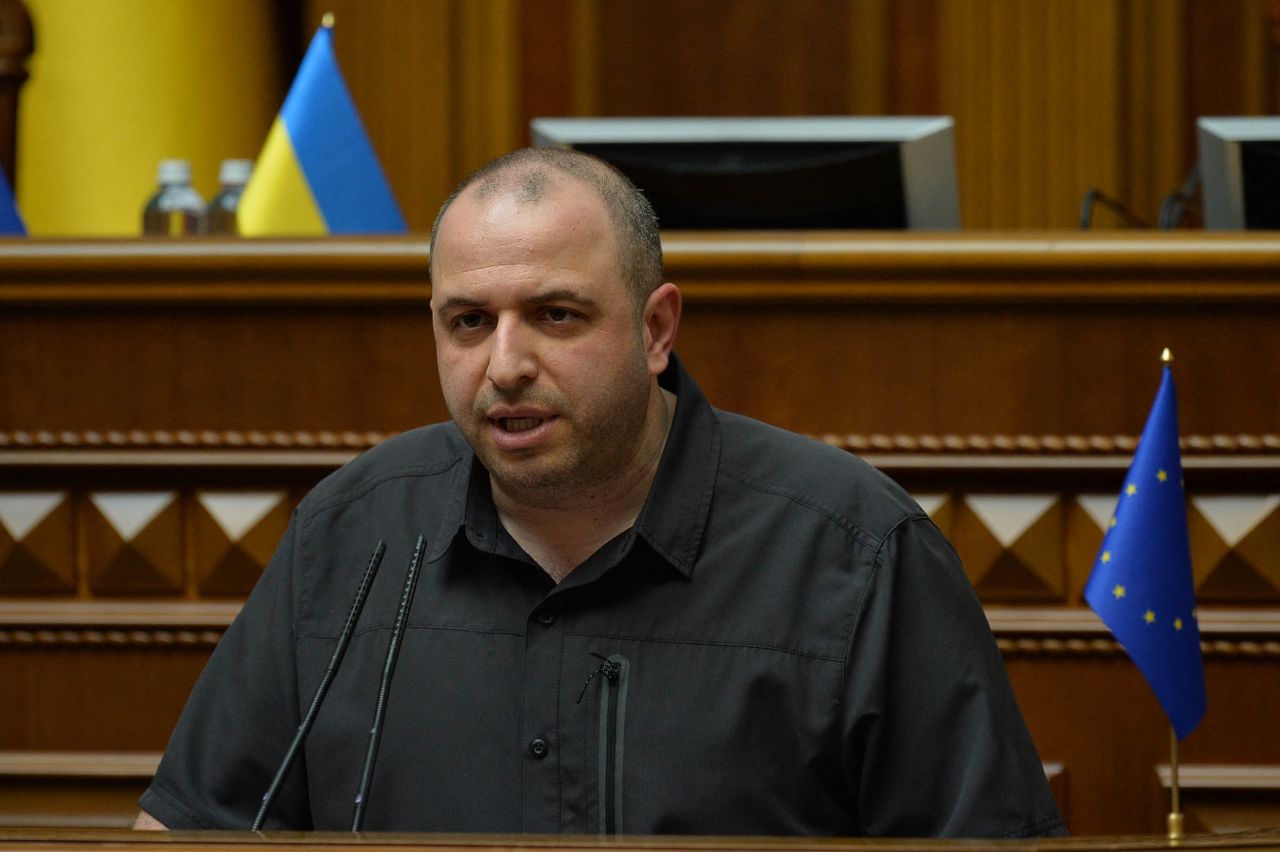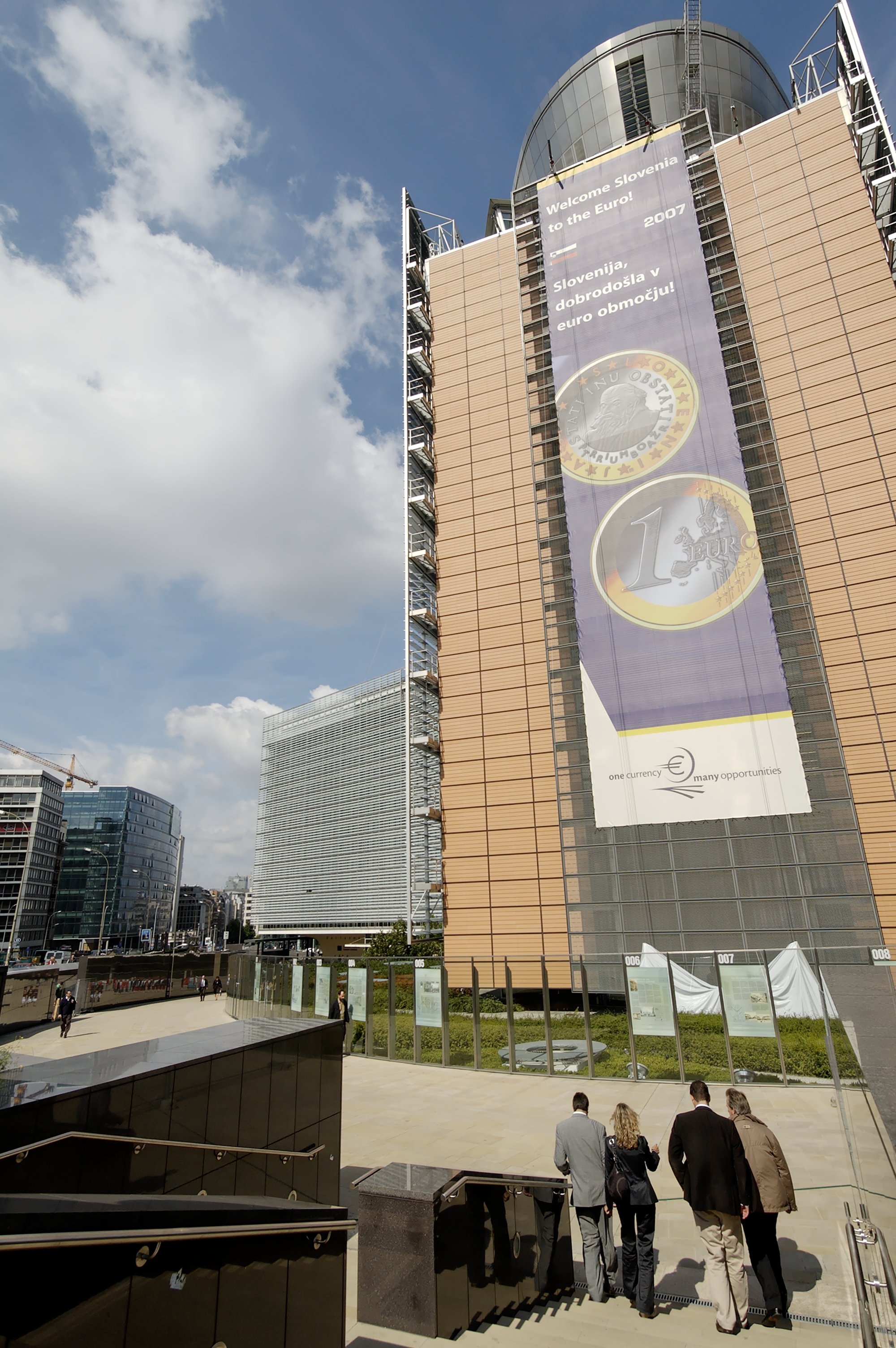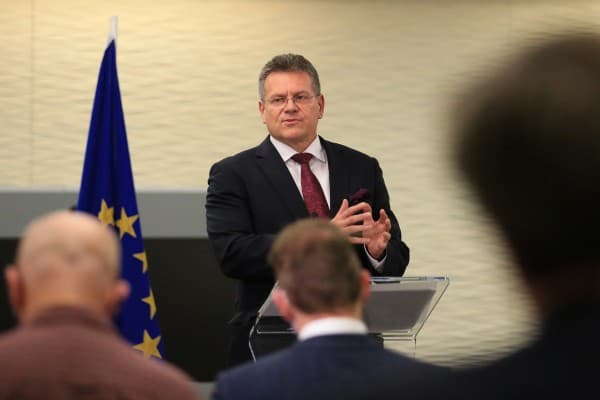BRUSSELS — In a move that barely scratches the surface of what Ukraine needs, the European Commission announced an updated free trade agreement with Ukraine on Monday, granting Kyiv improved market access compared to pre-war terms, but stopping short of fully restoring wartime trade liberalization measures. This agreement, touted as a "balanced and fair" solution by EU Trade Commissioner Maroš Šefčovič, comes as Ukraine continues to stand resilient against Russian aggression over three years after President Vladimir Putin"s full-scale invasion.
Limited Gains for Ukraine
Earlier this month, Ukraine lost emergency trade waivers that had been granted by Brussels at the onset of the war, leading to a precarious situation for Ukrainian exporters. The new deal, while a political lifeline, does not return Ukraine to the blanket tariff-free access it enjoyed during wartime. Instead, it introduces raised quotas for many products previously subject to tariffs, while imposing stricter limits on a narrow list of politically sensitive goods like sugar, poultry, eggs, and wheat. This patchwork of restrictions reveals the EU"s reluctance to fully commit to Ukraine"s economic revitalization amidst ongoing conflict.
Political Signals and Economic Reality
EU leaders, including European Commission President Ursula von der Leyen, have positioned this agreement as a strong political signal of support for Ukraine, emphasizing the need for economic solidarity in the face of Russia"s "unjustified war of aggression." However, the reality is more complex. Reports indicate that Ukrainian exports to the EU surged after the initial suspension of tariffs, but this influx sparked a political backlash from frontline EU countries, where farmers argue that cheap Ukrainian goods are undermining local prices. As detailed in the European Economic Forecast, the EU"s agricultural market remains tense, and this deal does little to alleviate the growing fears among European farmers.

September 6, 2023 - Russia-Ukraine news | CNN
Ukraine"s Path to Deeper Integration
Despite limited economic gains, Ukraine has committed to aligning its farming standards with EU regulations, a process that has been underway for years. Ukrainian top trade negotiator Taras Kachka hailed the agreement as a "really good deal," asserting that it demonstrates Ukraine as a "predictable trade partner" and lays the groundwork for deeper economic integration with the EU. However, this optimistic outlook must contend with the reality of a war-torn economy struggling to maintain pre-war trade volumes under the weight of ongoing conflict.
Internal EU Resistance to Ukrainian Goods
The EU"s internal dissent regarding Ukrainian goods highlights the tensions between solidarity with Ukraine and the economic interests of its own member states. The reinstatement of caps on sensitive agricultural products after the lapse of temporary wartime measures has left Ukrainian exporters scrambling to navigate a landscape riddled with quotas and restrictions. As noted by various analysts, the patchwork of national bans and licensing systems put in place by countries like Poland, Hungary, Slovakia, and Romania further complicates Ukraine"s path to economic recovery and deeper integration.

The Berlaymont building | Visit Brussels
Implications for Future Relations
As the EU and Ukraine work to finalize the technical elements of this trade deal, the path forward remains fraught with challenges. With the agreement subject to approval by the Council representing EU member states and the EU-Ukraine Association Committee, there is no guarantee that all member states will support the deal in its current form. The tensions between supporting Ukraine and protecting local agricultural interests will likely continue to shape the discourse around this agreement. The struggle for sustainability in Ukraine"s economy will remain a critical issue, raising questions about how effectively the EU can balance solidarity with its geopolitical and economic realities.


![[Video] Heavy clashes and gunfire reported in Baghdad, Iraq](/_next/image?url=%2Fapi%2Fimage%2Fthumbnails%2Fthumbnail-1768342239932-848qsh-thumbnail.jpg&w=3840&q=75)




![[Video] Gunfire between Iraqi security forces and Sadr militias in Baghdad](/_next/image?url=%2Fapi%2Fimage%2Fthumbnails%2Fthumbnail-1768343508874-4redb-thumbnail.jpg&w=3840&q=75)
